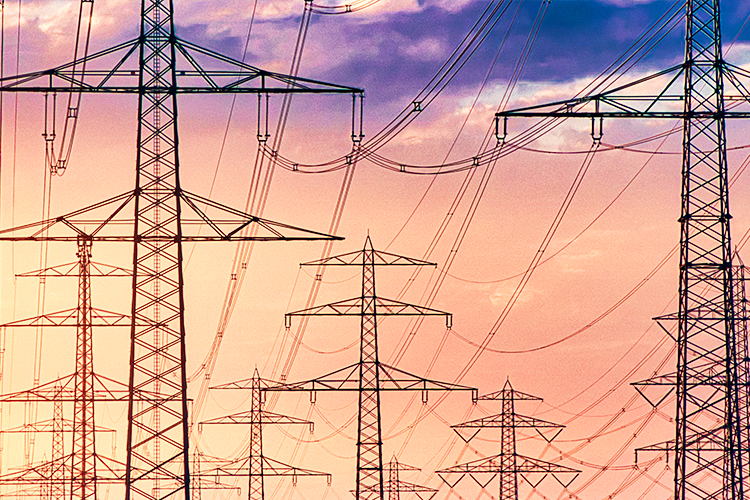New Federal Tax Laws Can Lower LED Lighting Payback Periods
July 13, 2022
EMC is helping to raise awareness of an under-the-radar reason for businesses not to delay investing in certain building improvements, such as LED or disinfection lighting upgrades.
A recently passed law allows for expedited depreciation of the cost of eligible items on Federal tax returns in the first year of service. This acceleration or “bonus” depreciation can reduce the payback of a Qualified Improvement Property (QIP) by up to a year or more.
The Timeline to Act
Through the rest of 2022, businesses may potentially receive a 100% deduction on QIP projects. This immediate depreciation deduction is available for QIP placed in service before January 1, 2023. With lead times on some products still presenting a challenge, customers are advised to review their options, consult their tax professionals and place orders as soon as possible to ensure this deadline is met.
For projects completed after January 1, 2023, the 100% deduction will be phased down per the following schedule:
- 2023: 80%
- 2024: 60%
- 2025: 40%
- 2026: 20%
What are the savings?
Bonus depreciation is a tax incentive developed, extended and refined in several recent federal legislative packages (e.g., Tax Cuts and Jobs Act, CARES Act) that allows a business to immediately deduct a large percentage of the purchase price of eligible assets rather than write them off over the "useful life" of that asset.
For example, a $50,000 project that qualifies for a $10,000 utility incentive and saves $8,500 a year in operating costs would see project payback drop from 4.7 years to 3.7 years by taking advantage of this offer.
Note that this is a deduction from taxable income—the actual dollar value of this is dependent on the business’s effective tax rate. This replaces deducting the investment over a 15-year period.
This opportunity is directly tied to your federal tax obligations. Those with low or no net taxes will see no or low benefits from this offer. Effects on state or local tax obligations will vary by jurisdiction.
Consult Your Tax Advisor
EMC strongly advises that customers consult their own tax advisors to confirm the expected benefit of accelerated depreciation. If your people have considered this in the past and found barriers, we encourage you to look again, as several revisions over the years have affected eligibility and benefits.
The Tax Cuts and Jobs Act of 2017 (TCJA) intended that QIP projects would have a defined 15-year recovery period and therefore be eligible for bonus depreciation, as only assets with a recovery period of 20 years or less are eligible for bonus depreciation.
Due to a drafting error in the TCJA, a recovery period was not assigned to QIP and therefore it defaulted to a 39-year recovery period. As a result, the intended stimulus offered in this provision of the TCJA was not accessible.
In 2020, the CARES Act addressed this omission by assigning a 15-year recovery period to QIP projects, making them eligible for bonus depreciation.
The possibility of bonus depreciation that accelerates your project payback by a year or more, or helps you expand the scope of your project is worth taking a look. Talk to your tax advisor and let EMC know how we can help!
Kris Leaf is EMC's Senior Manager of Customer Incentives. He has developed and managed energy efficiency incentive programs for numerous utilities including Xcel Energy, ComEd and MidAmerican Energy. Kris has a degree in Mechanical Engineering from the University of Minnesota and completed coursework toward a master’s degree in Sustainable Business from the University of Wisconsin-Madison.


